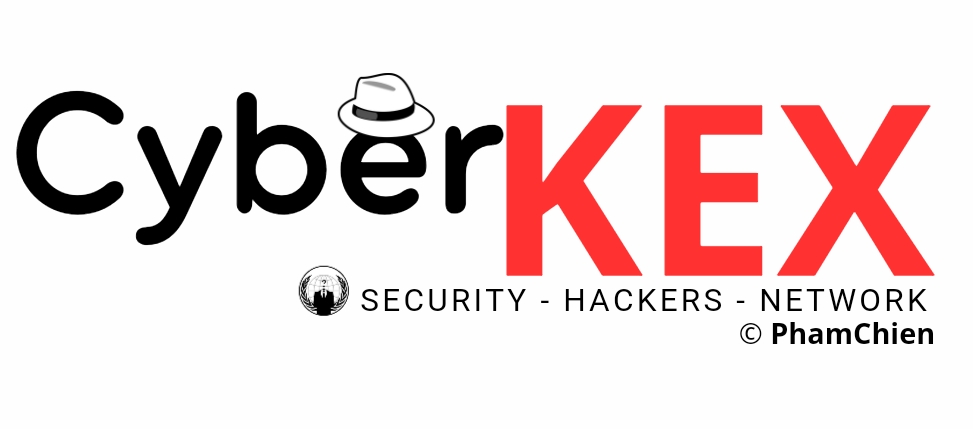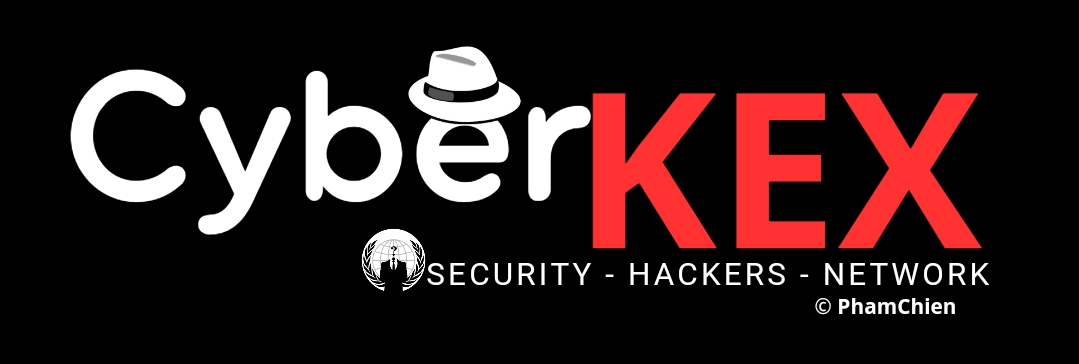The Serbian army’s website was unavailable on the morning of 5 January. Users were shown a message saying that the problem was due to the server hosting the site not responding.
Access to the site returned to normal for Serbian users the following day.
A few hours earlier, an account under the name Anonymous on Twitter had reported the collapse of the Serbian army’s website with a warning to the President of Serbia, Aleksandar Vucic, not to underestimate Anonymous.
On 5 January, accounts under the name Anonymous also claimed to have attacked the website predsednik.rs, that is, the official website of Aleksandar Vucic. The RSE did not detect any problems opening this page.
The Anonymous hacker group is decentralised, has no official leadership and no official website or social media account. A search on Twitter, for example, reveals thousands of accounts claiming to be members of the group, but it is impossible to determine whether they are.
Anonymous claims that they are hacking out of political beliefs and activism. The public usually recognises this group by the white masks with a smile depicting the figure of Guy Fawkes, the 16th century English rebel who became recognisable thanks to Allen Moore and the comic strip “V for Vendetta”.
Video message to Vucic
A video of a man wearing a mask typical of the hacker group Anonymous addressing President Aleksandar Vucic in a threatening tone was first published on Twitter and YouTube on 29 December.
A video threatening the President was also shared from an account claiming to be part of the Anonymous hacker group. However, the link to the group cannot be officially verified and confirmed.
In recent months, hackers signing themselves as Anonymous have criticised Vucic for not imposing sanctions against Russia and for working closely with that country. Serbia, although a candidate for EU membership, refuses to align its policy with the European bloc and to impose sanctions against Russia.
Official Belgrade and Moscow have traditionally had close bilateral relations.
Russia supports Serbia in its policy of not recognizing the independence of Kosovo, which it considers a former province of its own, and prevents its membership in international institutions.
In a two-minute video on 29 December, the hackers also look at the situation in Kosovo and say they have received information that “criminal elements are trying to create an armed conflict in the north of Kosovo”.
They call Vucic “Putin’s puppet” and note that Serbia is the only country openly cooperating with Russia and rejecting Europe’s constant calls for sanctions.
“If you do not stop your dangerous actions in Kosovo, the people of Kosovo will not be left without support”, the group Anonimus tells the Serbian President, stating that they are globally active and are not a group of helpless people who are easily ignored.
Vucic spoke out on Instagram a few hours after the video was published. “We are preparing to fight Anonymous”, he said in the caption of the picture of him playing with dogs.
National Center of Serbia for the prevention of security risks in information and communication technology systems, said in its replies to the RSE on 4 January that “the more active presence of cyber threats, by certain cyber groups, can be a common phenomenon and can often be linked to current geopolitical developments, but also to developments at local level”.
This centre collects and shares information on risks within ICT systems, alerts and advises those who operate these systems and the public in Serbia.
“Besides the aforementioned threats, other activities of the Anonymous group have not been recorded so far,” said Serbia’s national computer emergency response team to RSE journalists in response to a question whether, apart from the video in which Vucic was addressed in a threatening tone, there had been any previous threats and attacks by Anonymous.
RSE tried to find out whether this is a serious threat, and also whether some of the recent hacking attacks are linked to these threats, by contacting the High Tech Crime Prosecutor’s Office, but they refused to comment on the case.
RSE has sought details of the Serbian army’s website malfunctioning from the Ministry of Defence, but no answers have been forthcoming by the time of publication of this text.
Several official websites are under DDoS attacks, according to the Bezbedan Balkan forum, which has been tracking all attacks on Serbian resources in recent months.
A DDoS is a distributed denial-of-service attack (“DDoS”), which an attack is carried out repeatedly in order to disable or disrupt an ICT system.
Previous messages
On 20 December, threats were also reported on social networks from accounts linked to the Anonymous group.
We are ready to attack Serbia for destabilising the Balkans, reads a tweet using the hashtag #OpSerbia, calling for some kind of hacker attack on Serbia.
On 24 February, Anonymous declared cyber war against Russia, according to one of the Twitter accounts linked to the group. Since then, the group claims to have carried out several different cyber attacks in Russia.
Leaks have been recorded of members of the Russian military, the Central Bank of Russia, the Roskozmos space agency and oil and gas companies (Gazregion, Gazprom).
Despite sanctions, Anonymous blocked the websites of companies doing business with Russia and obtained the publication of footage from the battlefield in Ukraine in the Russian media.
Anonymous directly addressed Russian citizens and also hacked into printers in shops in Russia from which anti-war and pro-Ukraine messages were printed./REL/
















0 Comments